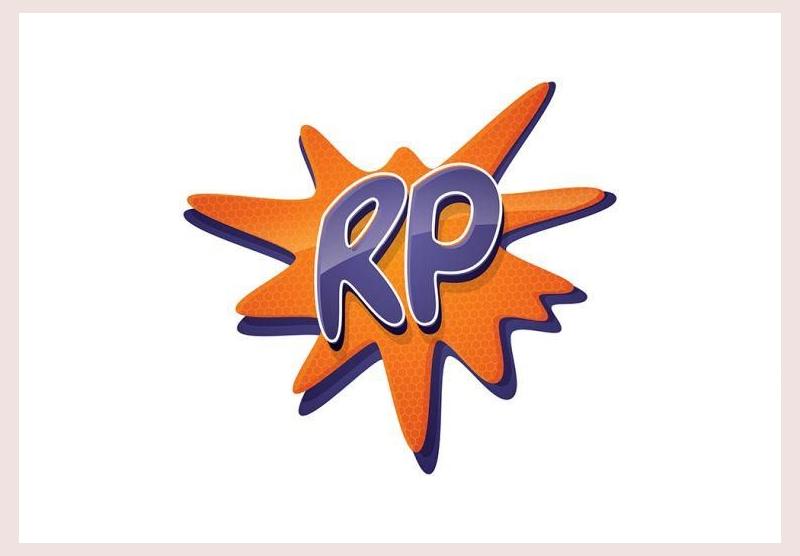 Raça Pura
Raça Pura
The Rise and Fall of Raça Pura: The Saga of the O Pinto Sensation
In the vibrant tapestry of Brazilian music, Raça Pura emerged as a controversial and enigmatic band that left an indelible mark on the country's cultural landscape. With their explosive debut single, "O Pinto," they ignited a firestorm of both adoration and condemnation, shaping their tumultuous journey to stardom.
Origins and Challenges
Raça Pura was founded in 1995 in the impoverished favelas of Rio de Janeiro. Comprised of a group of childhood friends, including lead singer Edson Santana, percussionist Marcelo D2, and guitarist Beto Jamaica, the band drew inspiration from the raw and rebellious spirit of their surroundings. Their music blended elements of funk, samba, and hip-hop, creating a unique and infectious sound that resonated with the marginalized youth of Brazil.
However, their rise to fame was not without its challenges. Their lyrics, which often dealt with taboo subjects such as sex, drugs, and violence, drew criticism from conservative groups. Despite the controversy, Raça Pura gained a loyal following among the poor and disenfranchised, who saw in their music a reflection of their own struggles.
"O Pinto" and the Firestorm
In 1998, Raça Pura released their breakout single, "O Pinto" (The Penis). The song caused an immediate uproar due to its sexually explicit lyrics. While some hailed it as a groundbreaking celebration of sexuality, others denounced it as obscene and offensive. The song became a lightning rod for debate, with protests and boycotts erupting across the country.
Despite the controversy, "O Pinto" became a massive hit, selling over a million copies and propelling Raça Pura to the forefront of Brazilian music. However, their newfound fame came with a price. The band faced constant scrutiny and criticism, with conservative politicians and religious leaders calling for their music to be banned.
Internal Strife and Controversies
As Raça Pura's success grew, so too did the internal tensions within the band. D2, who had become increasingly uncomfortable with the group's image, departed in 2001 to pursue a solo career. His departure was followed by a string of controversies, including allegations of drug use and financial mismanagement.
Despite these setbacks, Raça Pura continued to release music throughout the 2000s, but their star had begun to fade. The band's later albums failed to recapture the commercial success of their early work, and their legacy remained tainted by the controversy surrounding "O Pinto."
Legacy and Cultural Impact
Despite their tumultuous history, Raça Pura left an undeniable mark on Brazilian music. Their raw and unapologetic lyrics gave voice to the marginalized and sparked a national conversation about sexuality and social inequality. While their music may have been controversial, it resonated deeply with a generation of young Brazilians.
Discography
* Raça Pura (1997)
* Raça Pura na Gavea (1999)
* Raça Pura 2000 (2000)
* Raça Pura Vivo (2002)
* Raça Pura: O Melhor (2005)
Members
* Edson Santana (lead vocals)
* Beto Jamaica (guitar)
* Marcelo D2 (percussion, vocals)
* Marquinhos D2 (keyboards)
* Paulinho Black (drums)
In the vibrant tapestry of Brazilian music, Raça Pura emerged as a controversial and enigmatic band that left an indelible mark on the country's cultural landscape. With their explosive debut single, "O Pinto," they ignited a firestorm of both adoration and condemnation, shaping their tumultuous journey to stardom.
Origins and Challenges
Raça Pura was founded in 1995 in the impoverished favelas of Rio de Janeiro. Comprised of a group of childhood friends, including lead singer Edson Santana, percussionist Marcelo D2, and guitarist Beto Jamaica, the band drew inspiration from the raw and rebellious spirit of their surroundings. Their music blended elements of funk, samba, and hip-hop, creating a unique and infectious sound that resonated with the marginalized youth of Brazil.
However, their rise to fame was not without its challenges. Their lyrics, which often dealt with taboo subjects such as sex, drugs, and violence, drew criticism from conservative groups. Despite the controversy, Raça Pura gained a loyal following among the poor and disenfranchised, who saw in their music a reflection of their own struggles.
"O Pinto" and the Firestorm
In 1998, Raça Pura released their breakout single, "O Pinto" (The Penis). The song caused an immediate uproar due to its sexually explicit lyrics. While some hailed it as a groundbreaking celebration of sexuality, others denounced it as obscene and offensive. The song became a lightning rod for debate, with protests and boycotts erupting across the country.
Despite the controversy, "O Pinto" became a massive hit, selling over a million copies and propelling Raça Pura to the forefront of Brazilian music. However, their newfound fame came with a price. The band faced constant scrutiny and criticism, with conservative politicians and religious leaders calling for their music to be banned.
Internal Strife and Controversies
As Raça Pura's success grew, so too did the internal tensions within the band. D2, who had become increasingly uncomfortable with the group's image, departed in 2001 to pursue a solo career. His departure was followed by a string of controversies, including allegations of drug use and financial mismanagement.
Despite these setbacks, Raça Pura continued to release music throughout the 2000s, but their star had begun to fade. The band's later albums failed to recapture the commercial success of their early work, and their legacy remained tainted by the controversy surrounding "O Pinto."
Legacy and Cultural Impact
Despite their tumultuous history, Raça Pura left an undeniable mark on Brazilian music. Their raw and unapologetic lyrics gave voice to the marginalized and sparked a national conversation about sexuality and social inequality. While their music may have been controversial, it resonated deeply with a generation of young Brazilians.
Discography
* Raça Pura (1997)
* Raça Pura na Gavea (1999)
* Raça Pura 2000 (2000)
* Raça Pura Vivo (2002)
* Raça Pura: O Melhor (2005)
Members
* Edson Santana (lead vocals)
* Beto Jamaica (guitar)
* Marcelo D2 (percussion, vocals)
* Marquinhos D2 (keyboards)
* Paulinho Black (drums)